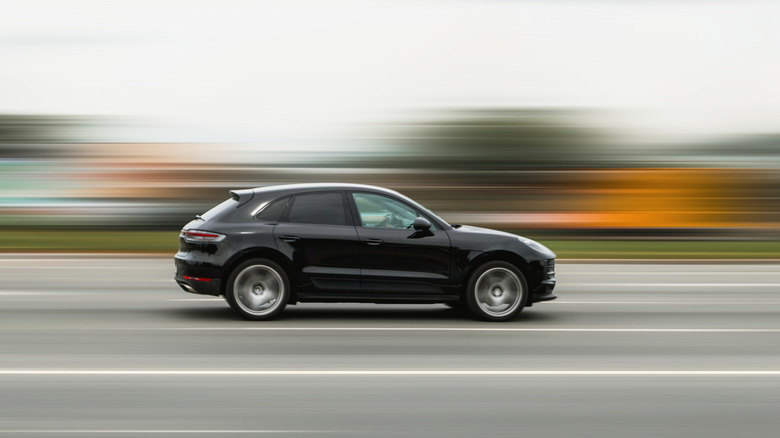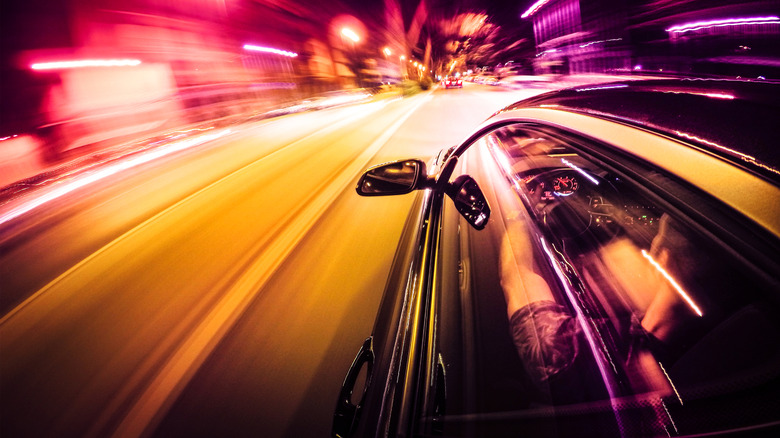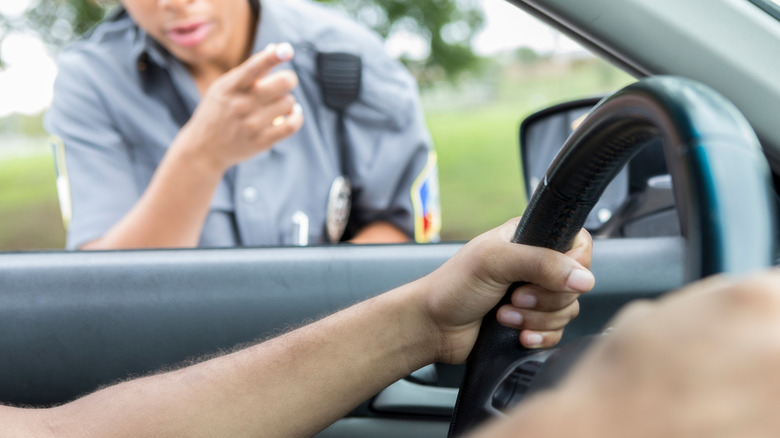Virginia Is Making Car Speed Limiters Mandatory For Reckless Drivers - Here's What You Need To Know
Getting caught going over 100 miles per hour is no small offense, and soon, Virginia drivers who hit those dangerous speeds won't just be paying fines, they'll be forced to slow down for good. Starting on July 1, 2026, Virginia will become the first state in the U.S. to require certain reckless drivers to install speed-limiting devices in their vehicles. These devices, called Intelligent Speed Assistance (ISA) systems, use GPS and map data to prevent a car from going over U.S. posted speed limits.
Under the new law, HB2096, judges now have a new tool to curb dangerous driving without immediately resorting to jail time or full license suspensions. Instead, convicted drivers can opt for an ISA device as part of their sentencing. That means, once it's ordered by the court, the driver must install it, pay for it, and use it for as long as the court requires. Tampering with the device? That's a Class 1 misdemeanor, which can lead to jail time. The hope is to reduce high-speed crashes and make the roads safer — exactly what California aimed to do with the NOTS system.
How the speed limiter works for reckless drivers
The ISA technology works by recognizing posted speed limits using GPS technology and then preventing the car from accelerating beyond it. It either resists further acceleration or cuts it off entirely, depending on the system used. Though not for everyone, Virginia courts can now order ISA installations for drivers convicted of extreme speeding. In some cases, the DMV may also recommend the device for drivers who rack up too many demerit points.
"The top line is that speed kills," said delegate Patrick Hope, a sponsor of the bill, to Streetsblog USA. "The point behind this bill is to curb reckless driving or eliminate the threat," he added further. For drivers, that could mean a chance to keep their license, with conditions. However, it won't be cheap — the device plus installation could cost several hundred dollars. The driver has to pay for both the ISA device and its installation. "If people want their privileges to drive an automobile, they'll pay it," Hope added.
A new legal tool with some pushback from drivers
Supporters of the law, including safety advocates like Amy Cohen, founder of Families for Safe Streets, see it as a common-sense step forward. "The effort is so common sense that it is receiving bipartisan support across the country," Cohen told Streetsblog USA. It's not just Virginia — lawmakers in other states are reportedly considering similar laws.
Still, critics raise valid concerns. What happens if the ISA malfunctions? Could it falsely accuse someone of tampering? What about affordability? There's also the worry about privacy, since GPS-based systems log driving data, and some fear it could turn into a form of surveillance.
Civil rights groups are already calling for clear limits on data use and for better protections for lower-income drivers. However, Patrick Hope remains optimistic in his comments to Streetsblog USA. "It's amazing how these bills can hop from state to state and build momentum," he said. "First it's one state and then three or four, and next you hear it's a dozen and then two dozen." For now, Virginia is leading the way, and depending on how it goes, this might just be the start of a much bigger change on American roads.


